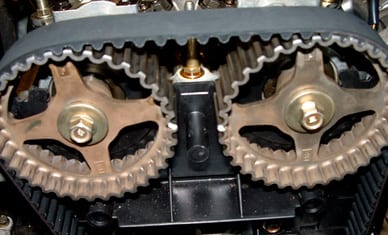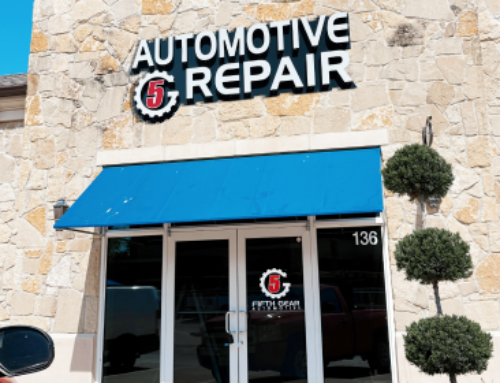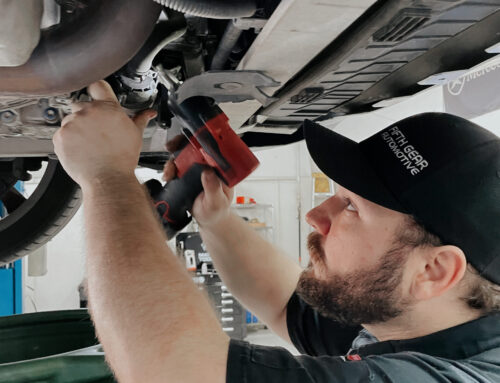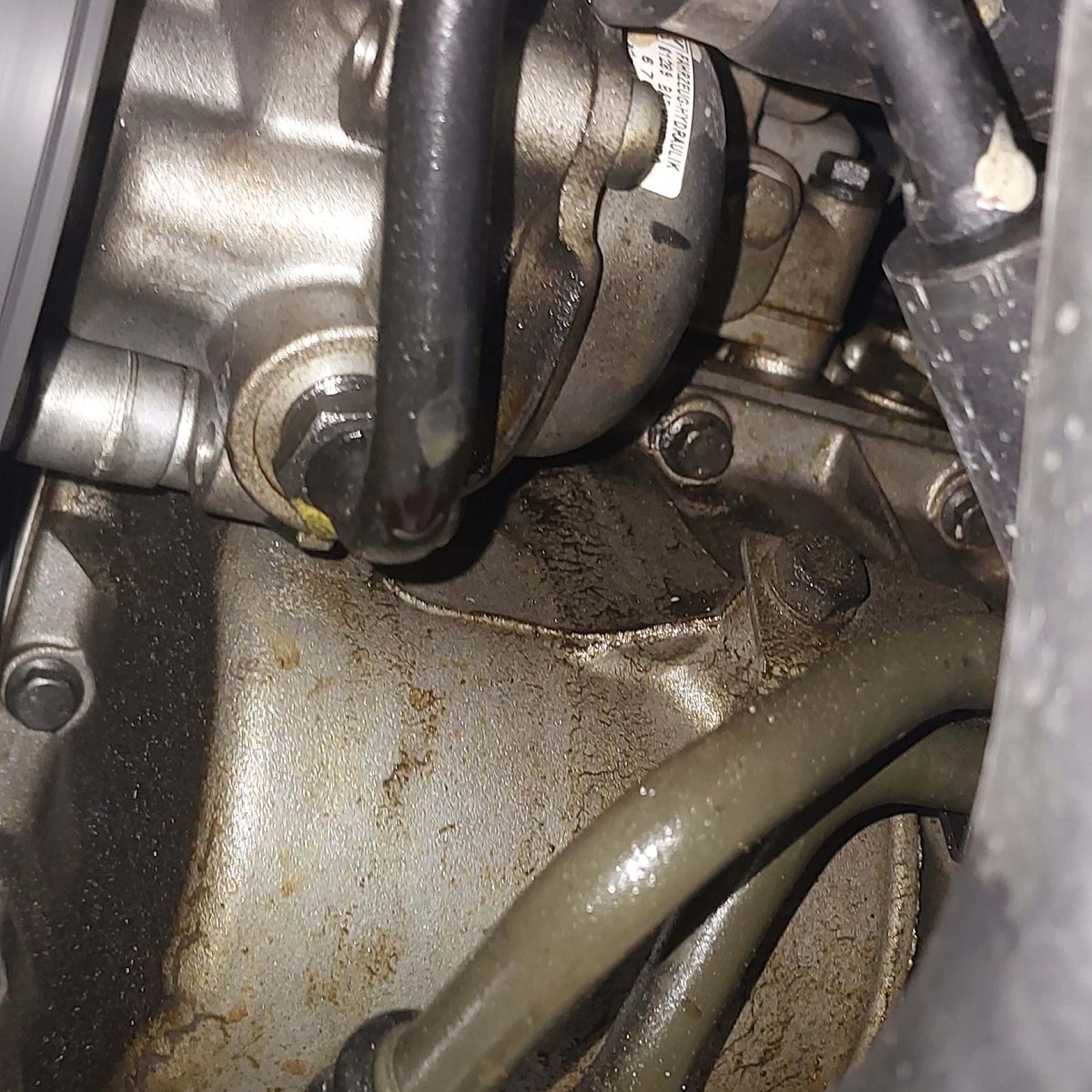Timing Belt Failure Can Cause Major Engine Damage
The failure of a timing belt is a common reasons why cars break down. If you are familiar with the timing belt, how it functions and how to identify whether or not something is wrong with it, then you can prevent serious damage to your car and you’ll know when to replace it. Knowledge about timing belt symptoms will save you from having to experience being stuck on the side of a road because of a broken timing belt.
What is a Timing Belt?
By definition, a timing belt is a chain or cam belt that is part of a car’s internal combustion engine. It connects a crankshaft to a camshaft which control the opening and closing of a car’s valves. Without a properly functioning timing belt, an engine’s pistons would cease to function hence a car would be unable to run. Worn timing belt can no longer perform its job properly this is why old timing belts can lead to performance problems with a car.
Now there are a number of timing belt symptoms to watch out for: if your car starts emitting more exhaust than usual, if the car’s engine vibrates so much that it causes the entire car to shake, if you experience difficulty in starting the car or if you hear strange noises coming from the car’s engine. Those are just a few common symptoms that your timing belt may need replacing. If you experience one or more of these it would be ideal to consult with a Fifth Gear Technician as soon as possible.
If you’ve ignored the symptoms and your car conks out and stops running it will probably have been too late. By this point the belt has probably already broken. The amount of collateral damage to the other parts of the engine will be determined by the type of engine. Interference engines will tend to experience a lot of collateral damage during a timing belt failure. Valve damage is not uncommon during these cases. Non-interference engines tend not to experience as much damage but will still be costly to fix.
So remember, once you notice these timing belt symptoms it would be best to get your car checked. Waiting for the damage to become grave is definitely not something you’ll want to do.






